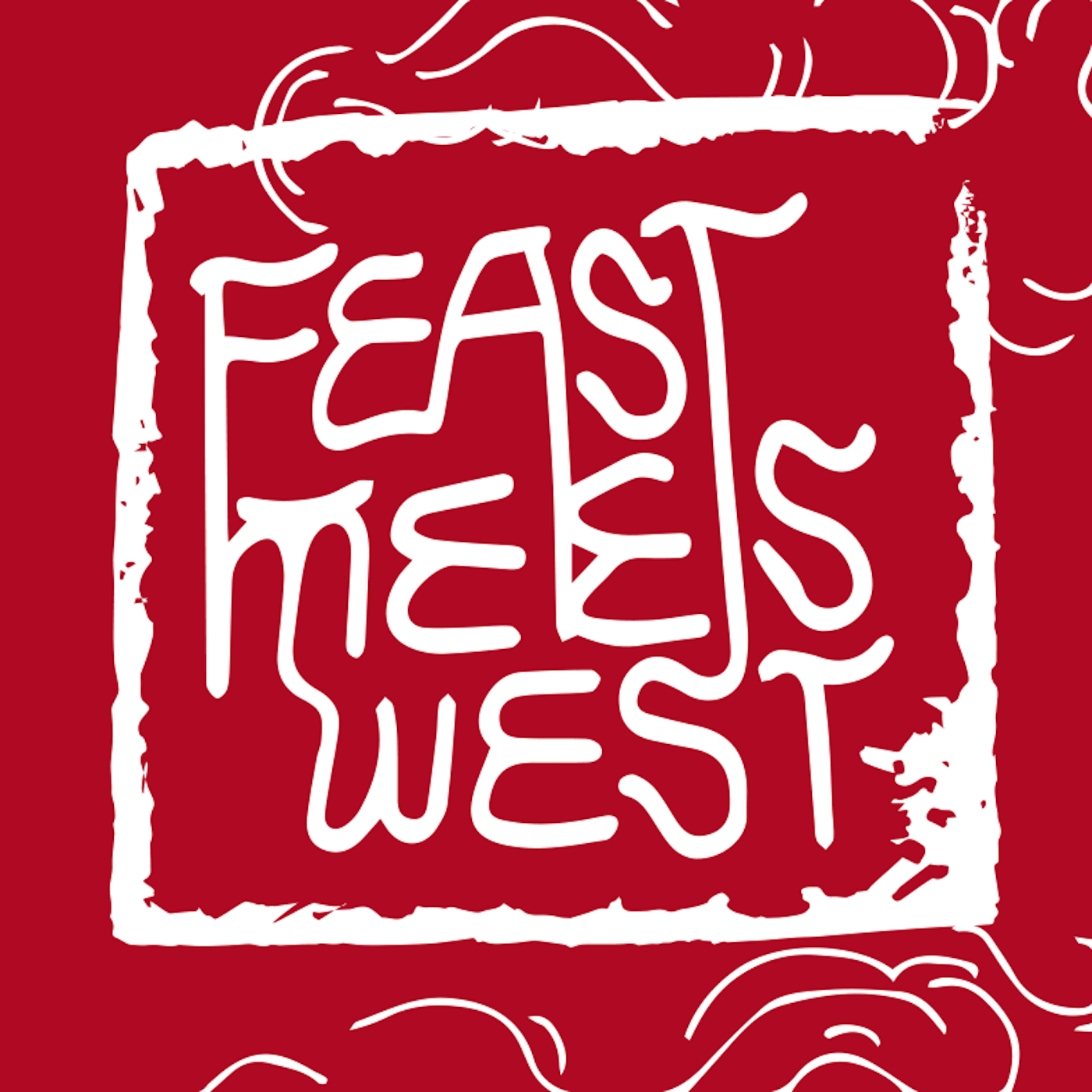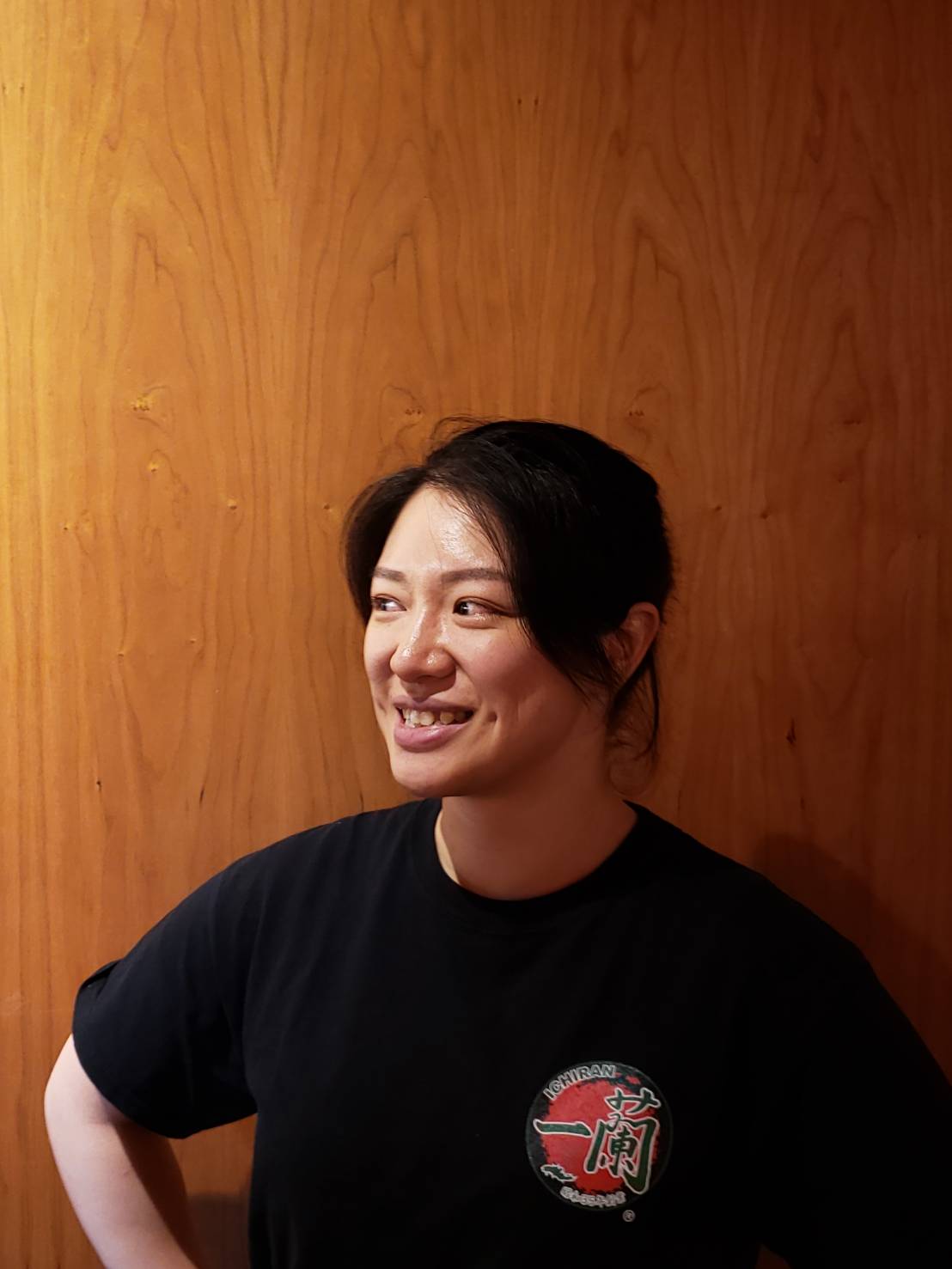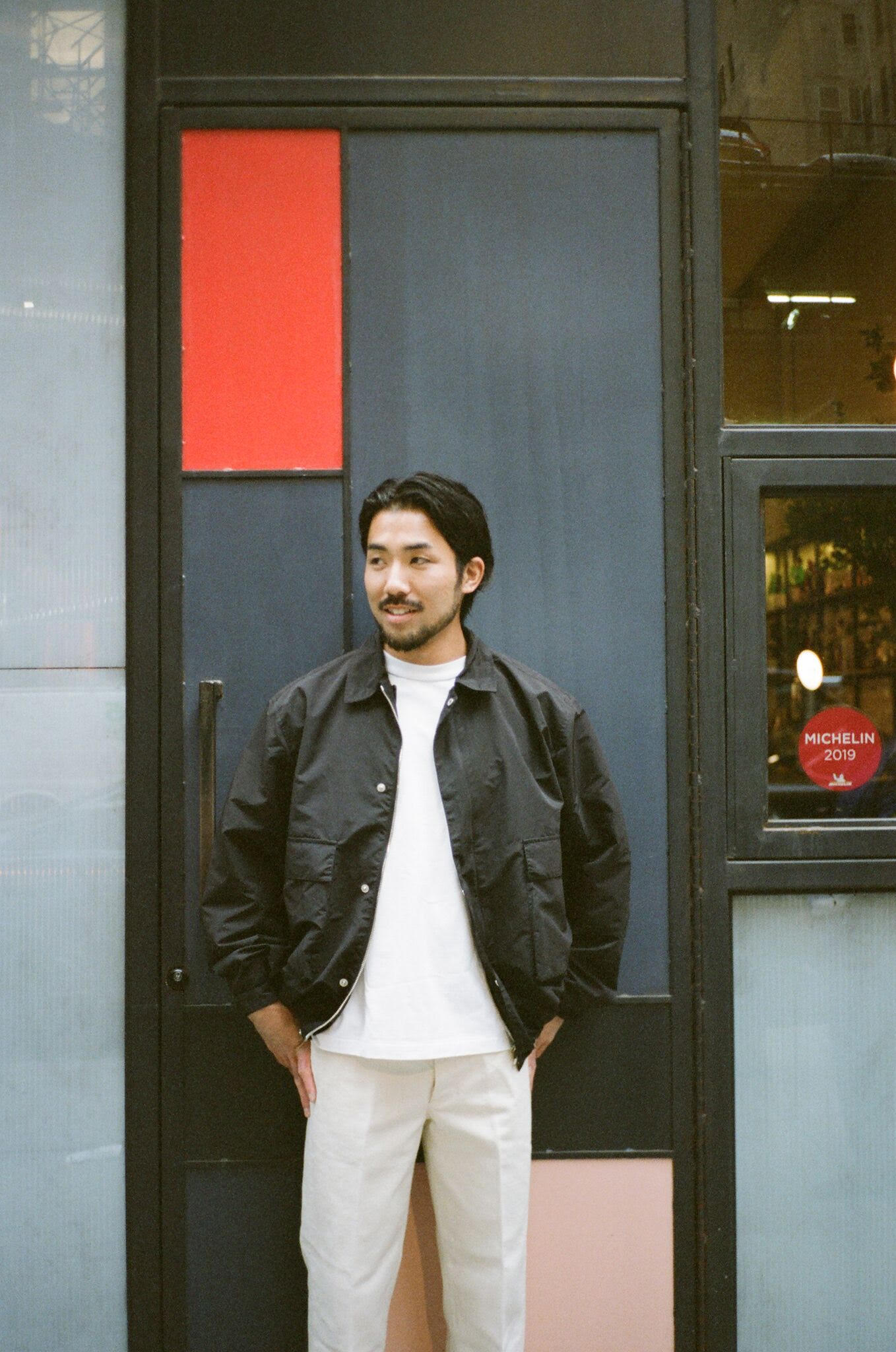Episode 72: Bringing Japanese Ramen Concepts to New York
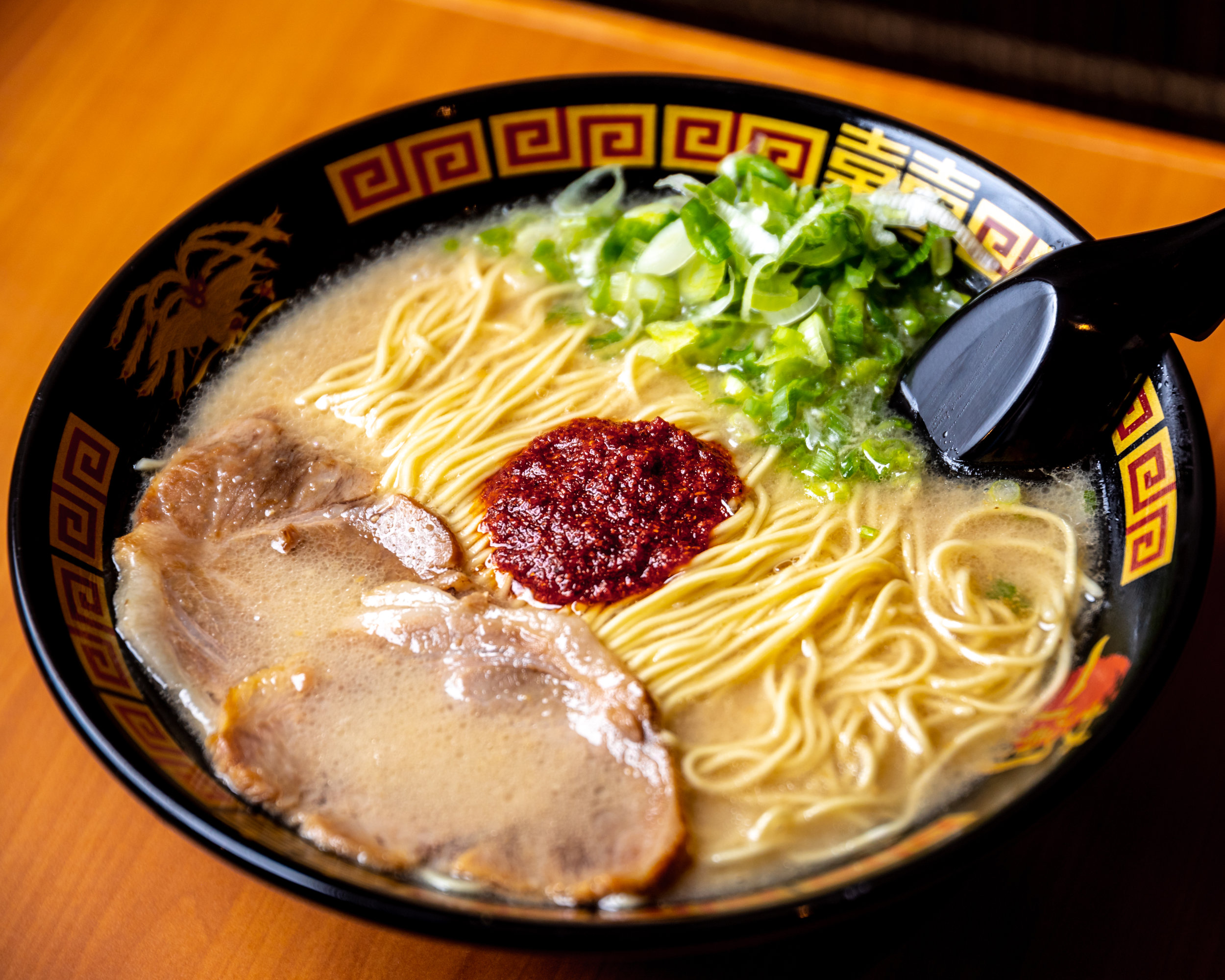
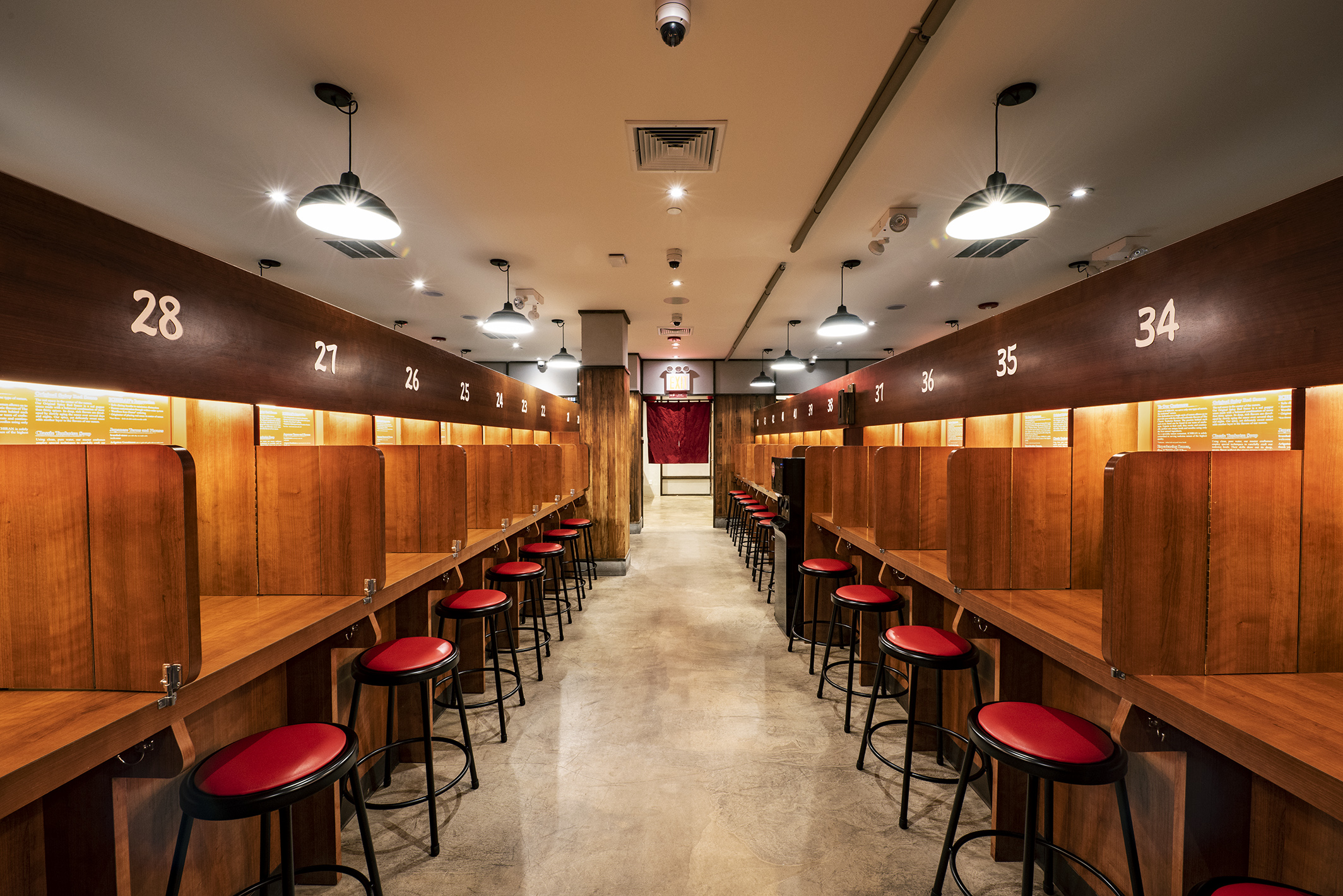
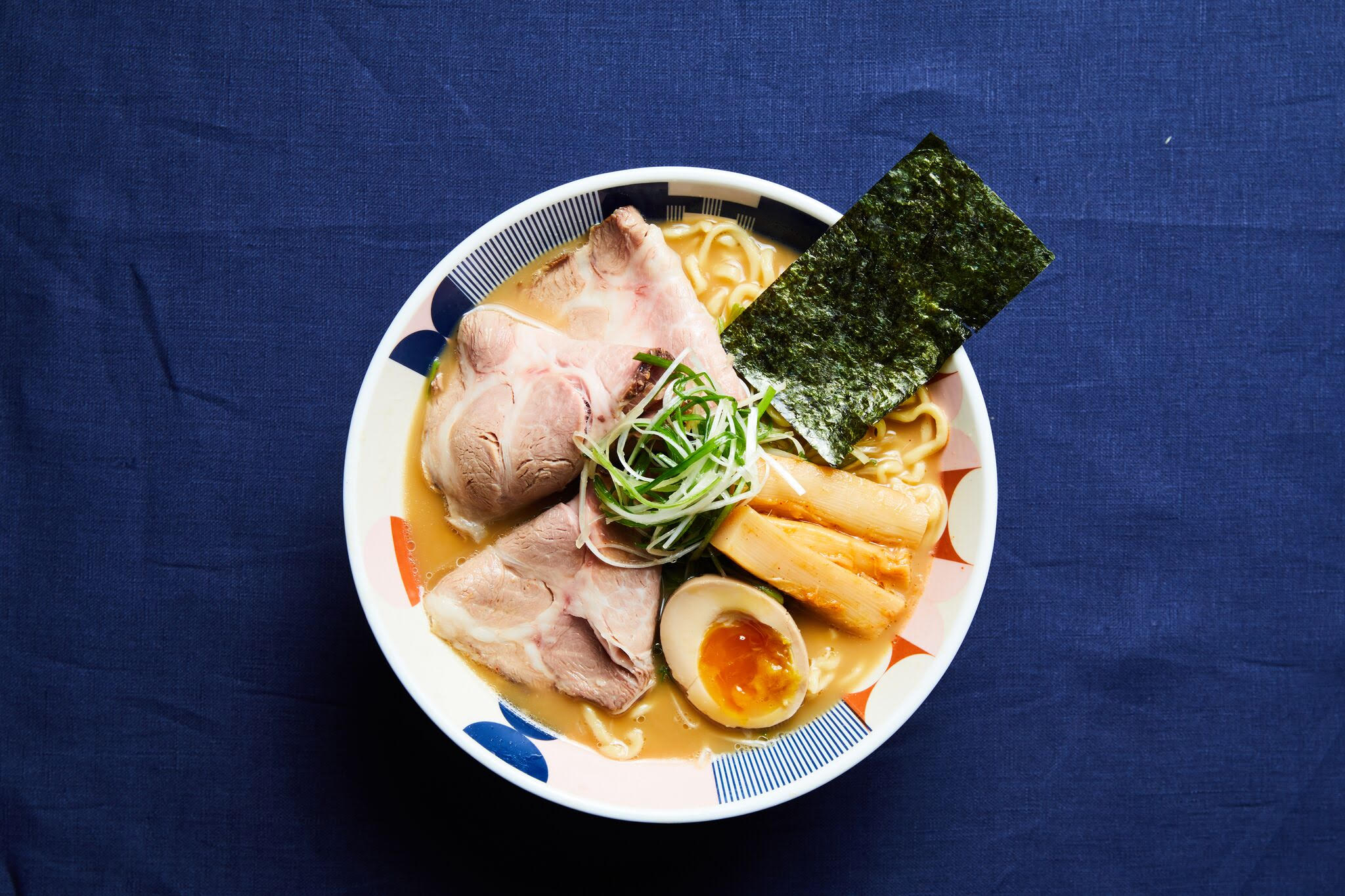
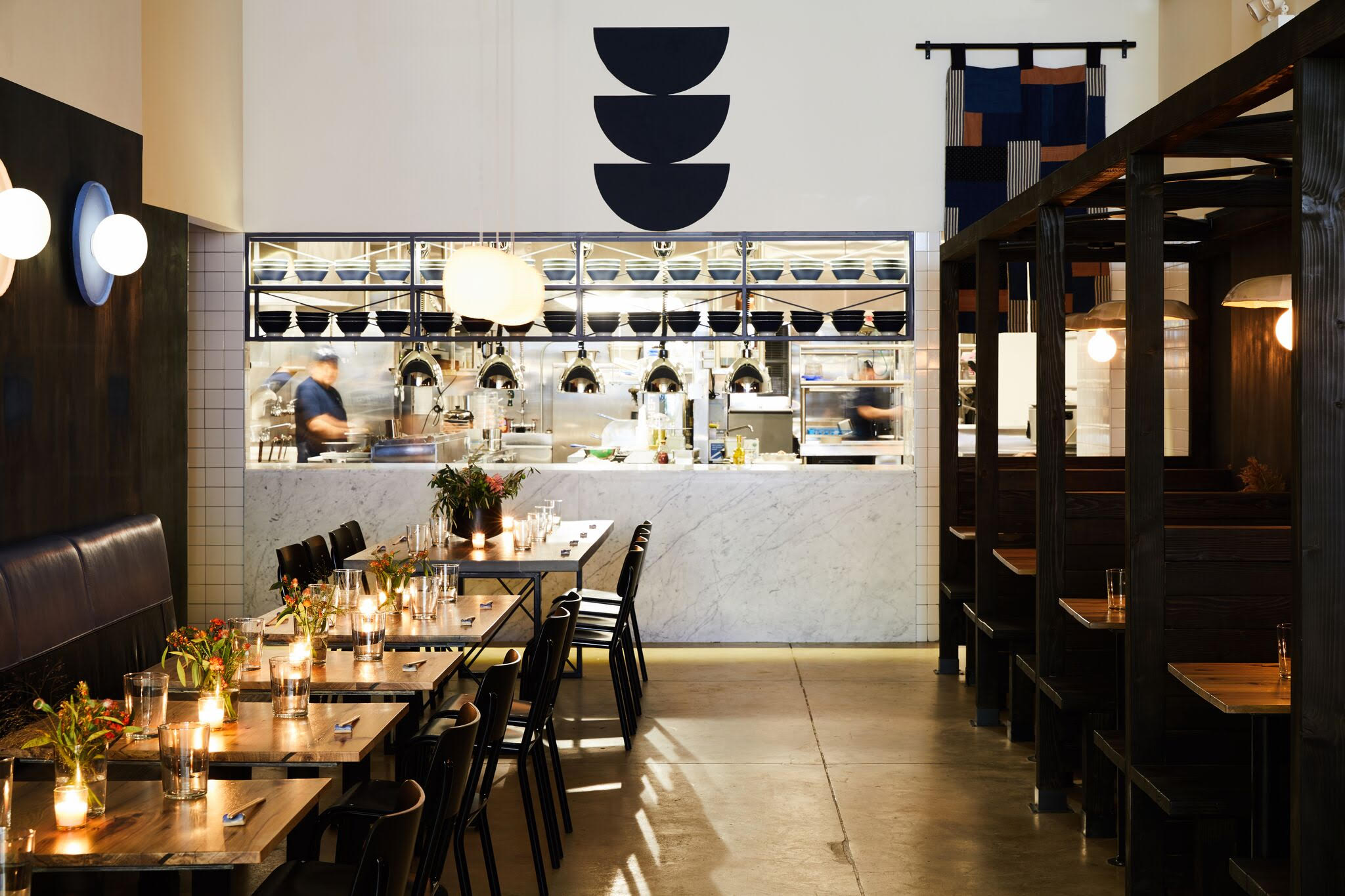
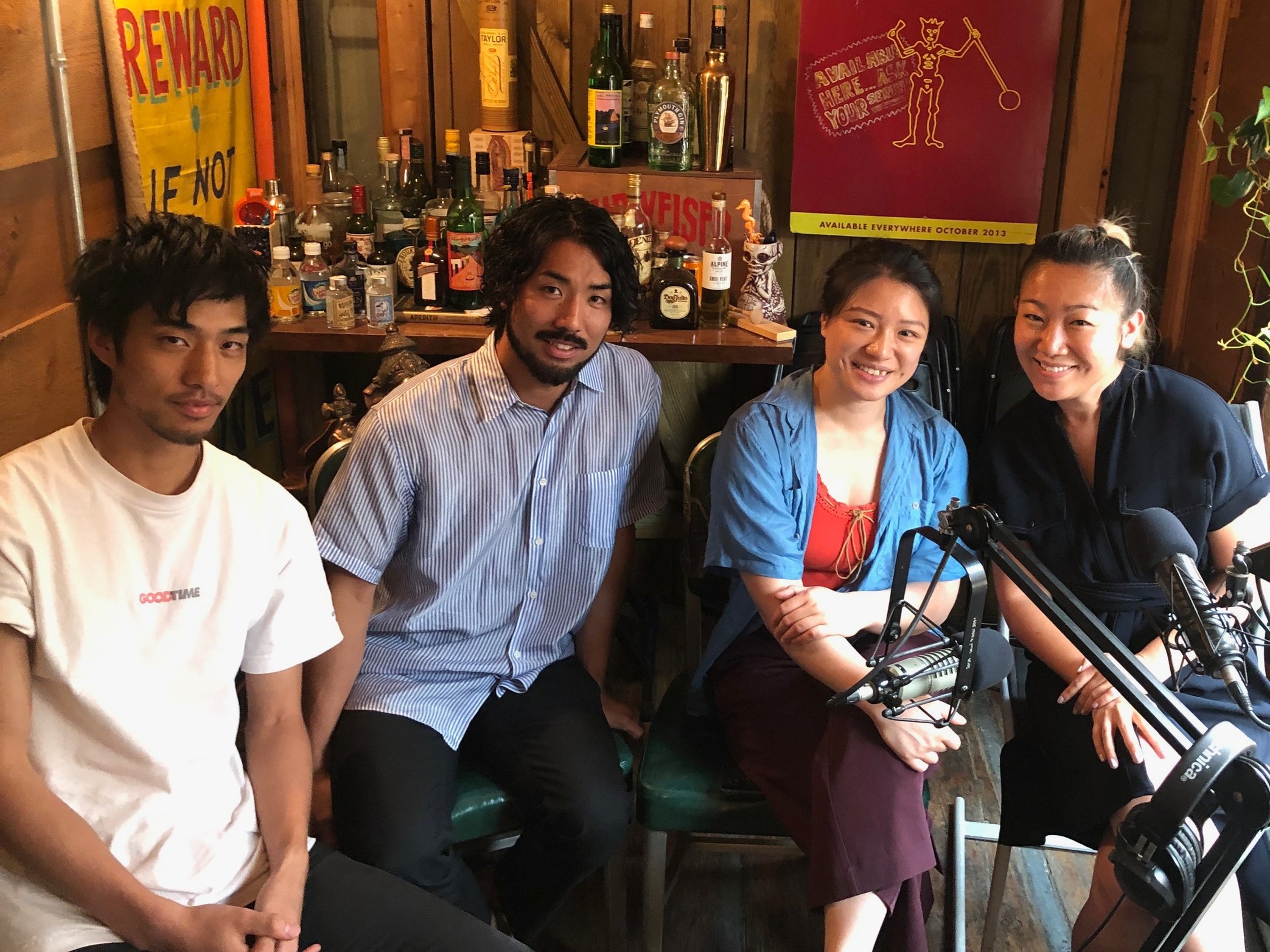
For both Tonchin and Ichiran, highly regarded ramen restaurants from Japan, NYC was the first destination for their US expansion. Anan and Toui Sugeno, the brothers behind Tonchin New York, and Annie Chen, the Assistant Manager of Restaurant Operations at Ichiran USA joined us in the studio to talk about their experiences launching popular Japanese ramen concepts in New York.
Tonchin was founded in Tokyo, Japan in 1992, by Katsuhiro Sugeno, and his brother, Motohiro Sugeno. 25 years after the first Tonchin opened, Anan Sugeno, the son of Katsuhiro Sugeno brought Tonchin to New York. It’s a departure from the 10 seat counter service and ramen only Tonchin shops in Japan. Here, you will find a full-service restaurant with a variety of appetizers, 4 variations of ramen, dessert options, and a bar menu with sleek cocktails. Customers from Japan familiar with the set up back home ask when they visit the New York location “Is this a ramen restaurant?” Anan and Toui purposely hired a local interior designer to come up with something that would look American.
“We didn’t tell them what we wanted. We wanted to have something American people think what Japanese is.”
Once you have the first bite of ramen, you realize, yes, it’s undoubtedly Tonchin. While Anan and Toui have been given complete creative freedom to adapt the restaurant to match American dining habits (Dad was like: “I’m taking care of Japan. You have to take care of US.”), the emphasis on freshness and the philosophy of ‘dekitate’ (made just for you) from Japan remains unchanged. The noodles and soups are made in house every morning. Anan has a bowl of the classic ramen before the store opens each day to check for quality.
Ichiran Ramen began in the small city of Fukuoka, Japan in 1960, and specializes in tonkotsu (pork bone broth) ramen. Ichiran was the first ramen restaurant to offer ramen customization for diners, and the first to create Ramen Focus Booths – which are individual dining booths designed for a private and peaceful meal. The approach is almost identical here in New York. The focus booths feature front and center. Annie says, “It looks like a library”.
There is only 1 type of ramen at Ichiran, the famous tonkotsu. Despite only having one dish, you do have the ability to completely customize every component of it which is “a way to create variety with our ramen,” says Annie.
When the team decided to expand to the US, a process that took 10 years of planning, Annie speculates, “They decided on New York because New York is way cooler [than California].” The Sugeno brothers nod in agreement as they went through the same thought process.
In Japan, it’s common to order your ramen from a vending machine before sitting down. However, the Tonchin and Ichiran team had to adapt to New York customers that expect an attentive experience when eating out, guidance on what to order, and have their dietary preferences or allergies considered.
Starting with the vegan option (which our guests confirm is not really a thing in Japan), Toui says “We were struggling with it. We didn’t know if they wanted to eat a version that’s closest to the ramen, or something completely different. So we started out super vegan, but we figured this is not want they want. We changed it to a miso based ramen.”
Annie mentions that Ichiran is still considering a vegetarian option. Annie adds that in Asian cultures, there’s a frame of thought that “If you don’t eat meat, then you don’t have sustenance.”
When it came to training and staffing, the Tonchin team had to build the process and culture from scratch since the full-service operation didn’t exist in the Japan stores. At Ichiran, Annie says they really want to emphasize the experience from the Japan stores. “The idea is to make it like you’re eating in Japan without leaving New York.” So the staff is trained to serve with both hands, bow, say Japanese greetings. The local team was tapped to provide input on how that should sound and look for an American audience.
We went on to discuss the differences in marketing and communication styles between Japan and New York. Toui says “You have to be more direct here.”
Now that they’ve successfully brought their restaurants to New York, and have gained experience adapting their ramen concepts for the American audience, both Tonchin and Ichiran have their sights set on expanding to other US cities.
